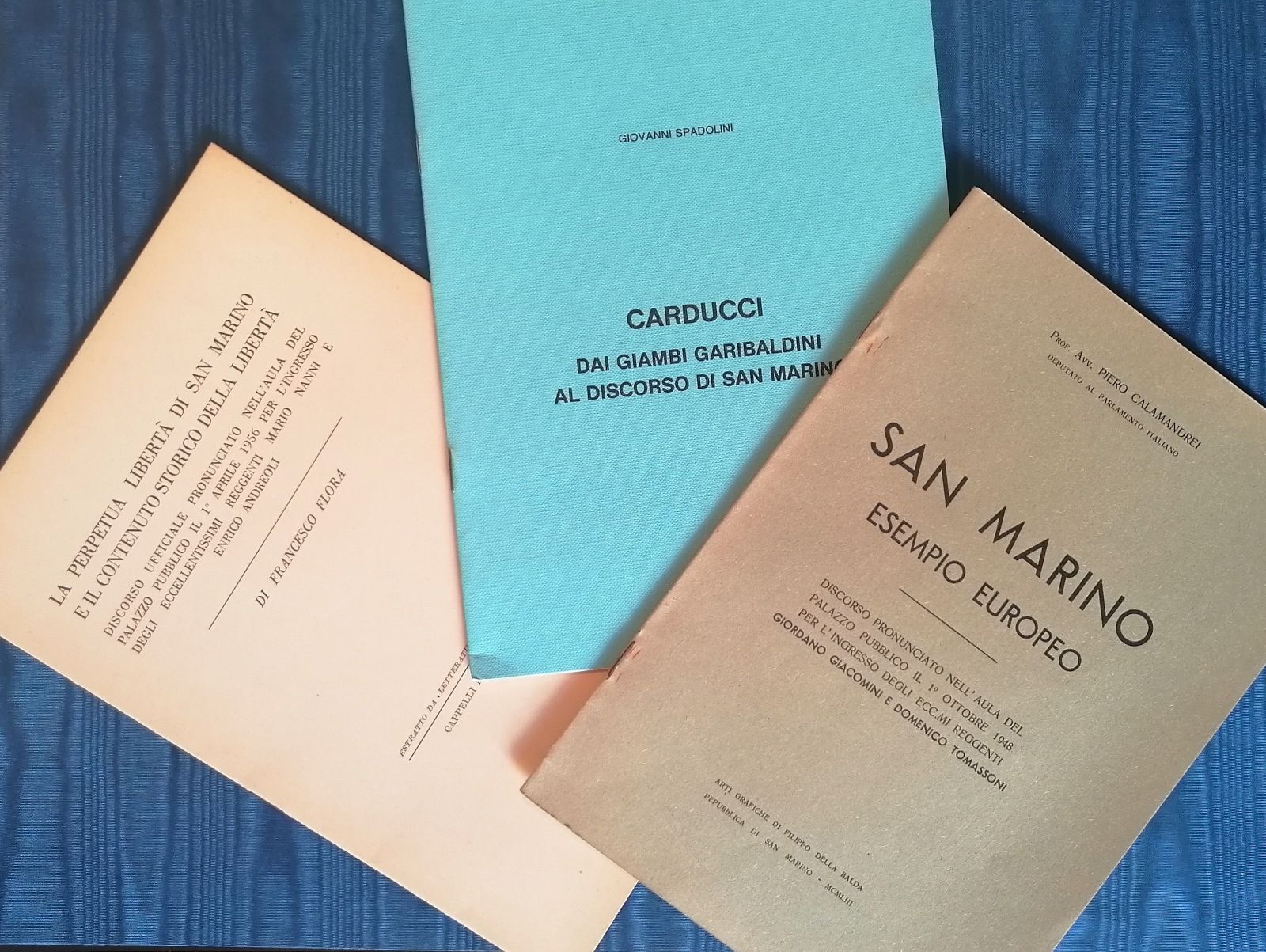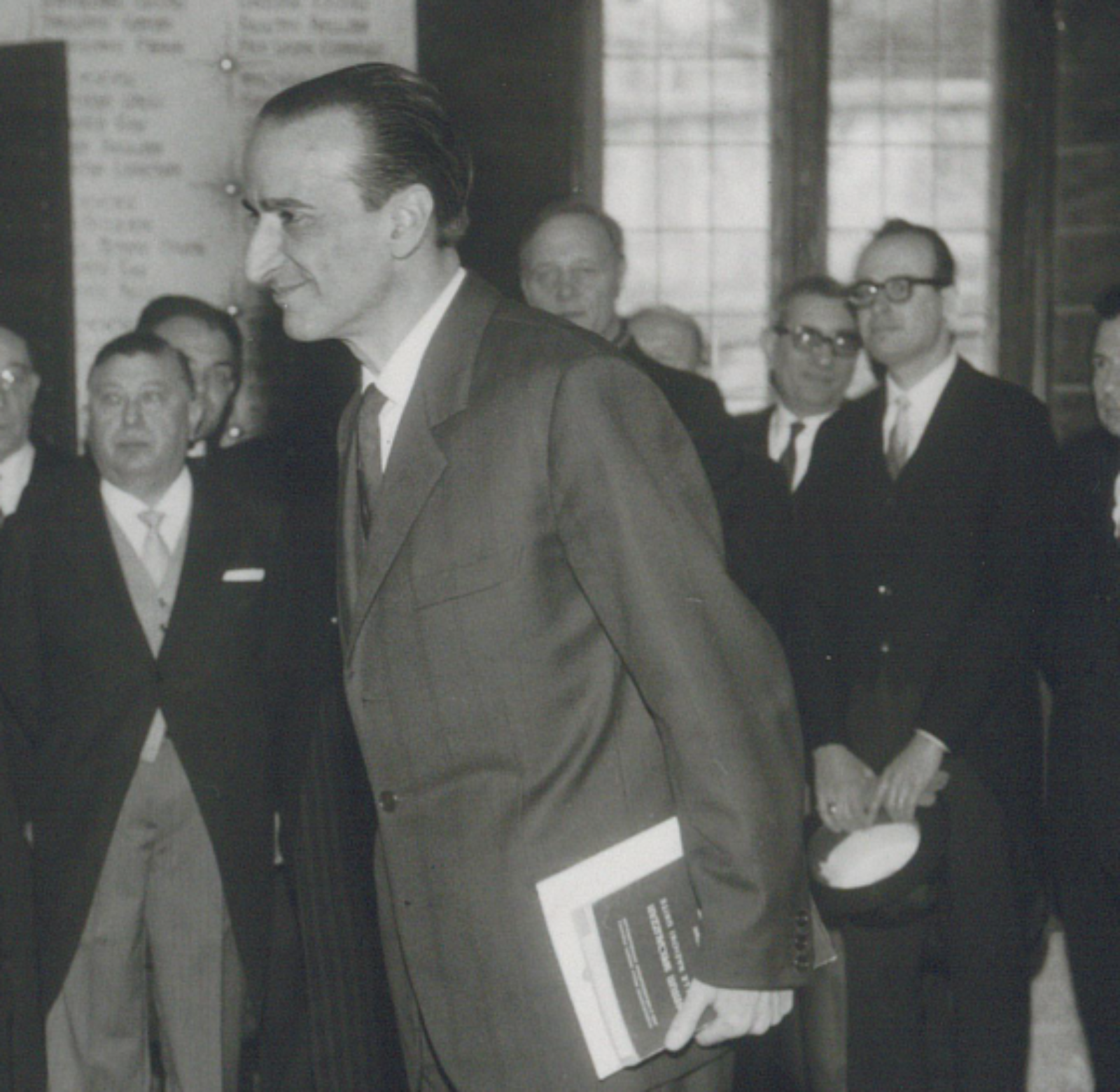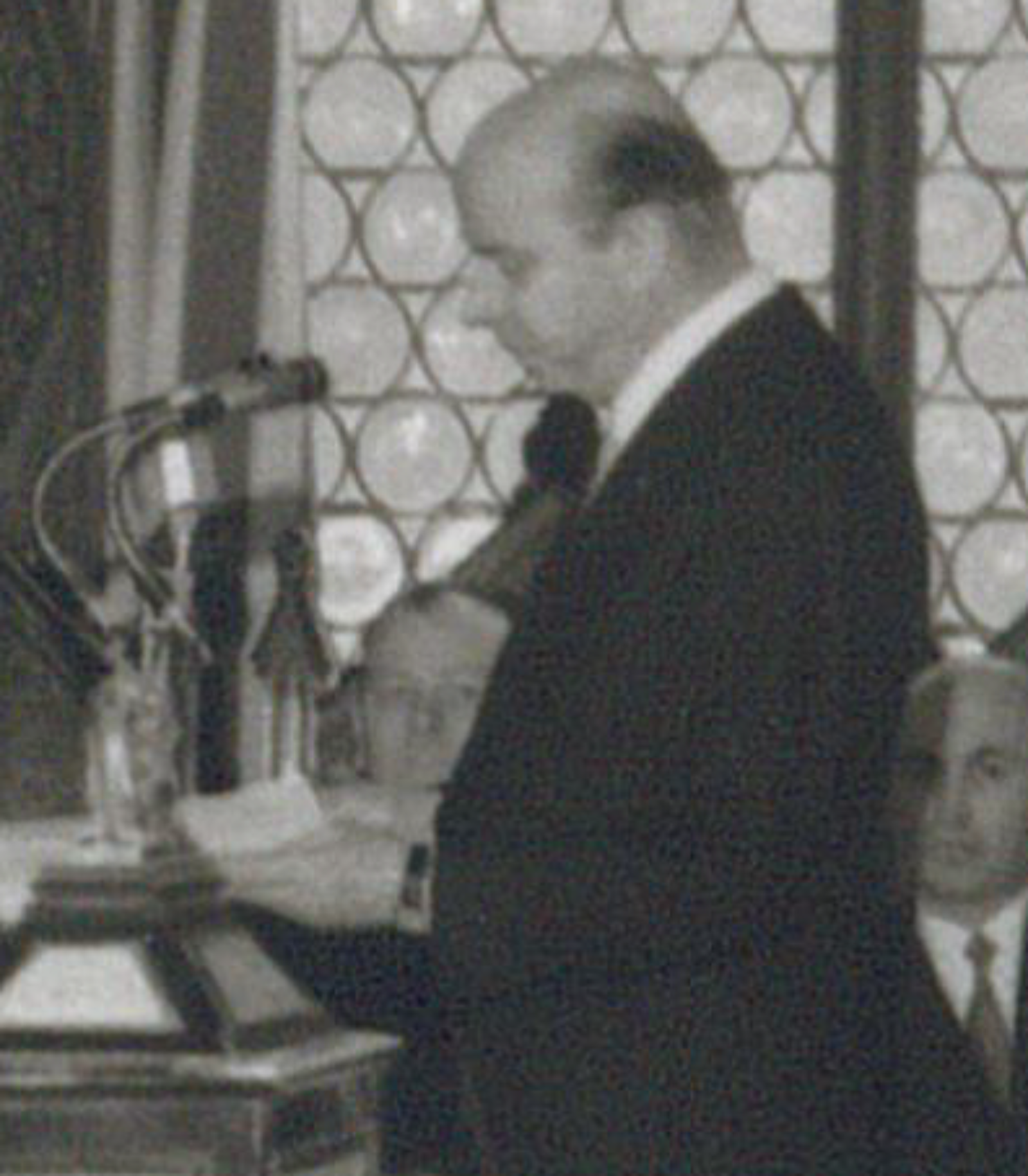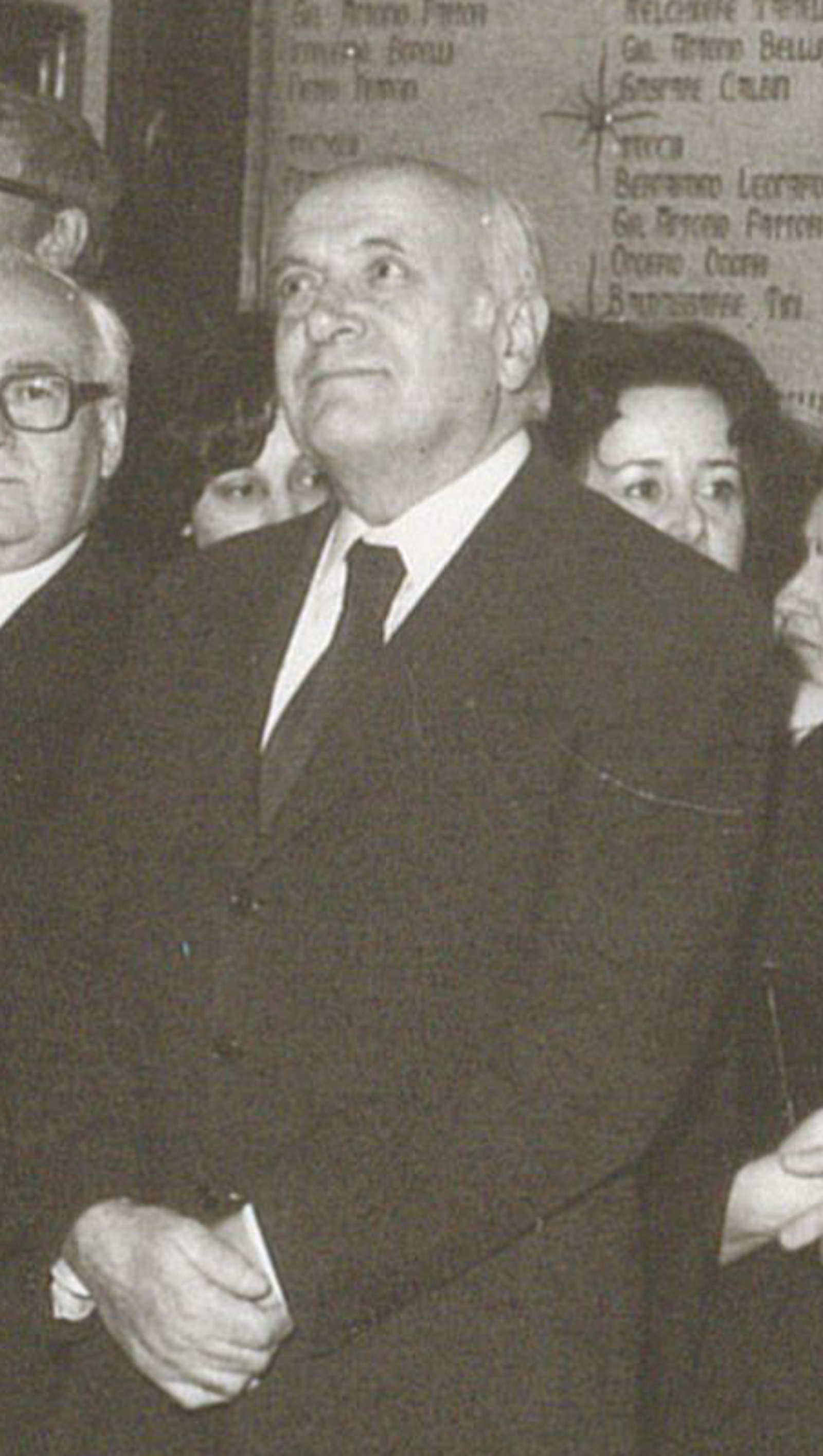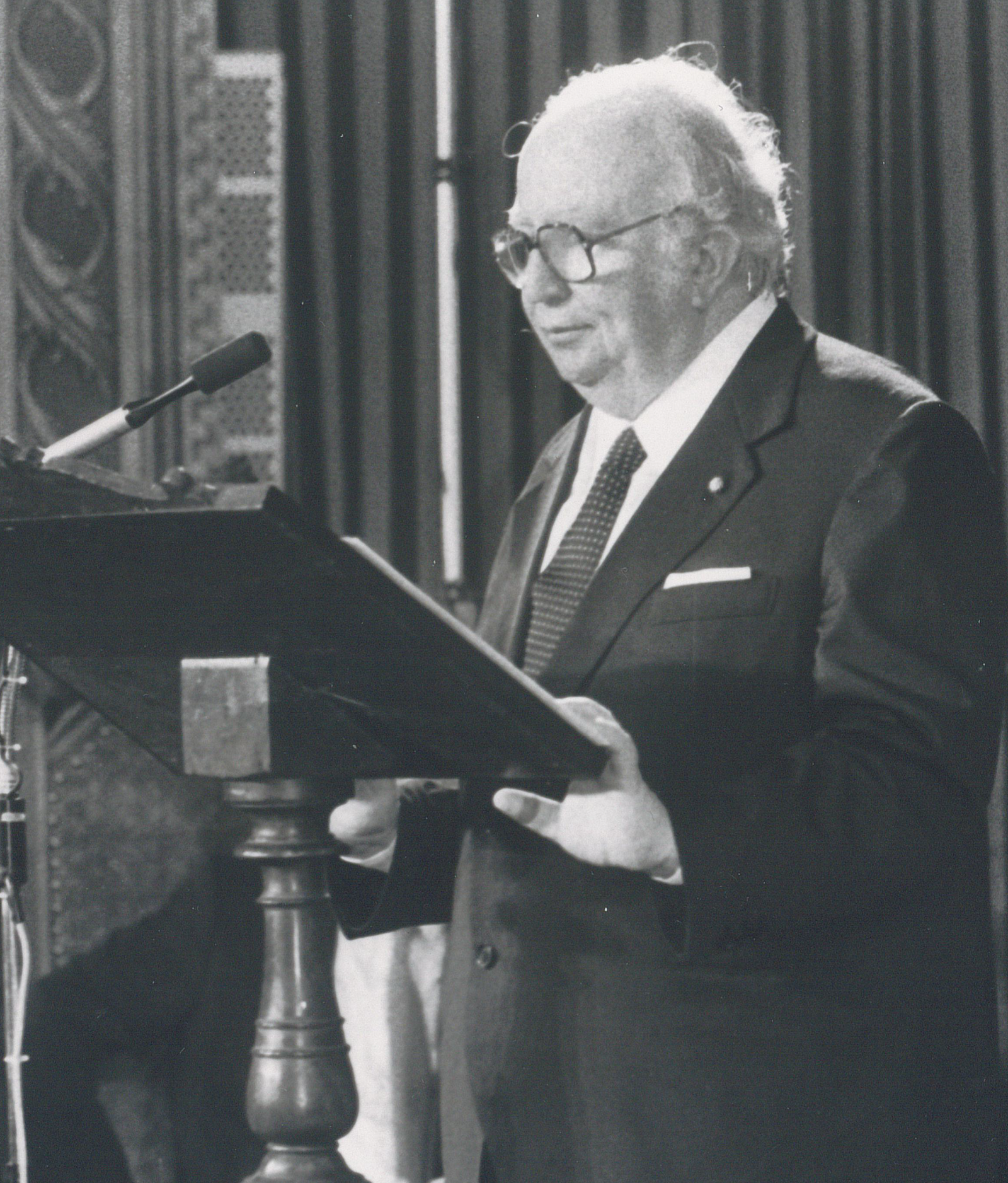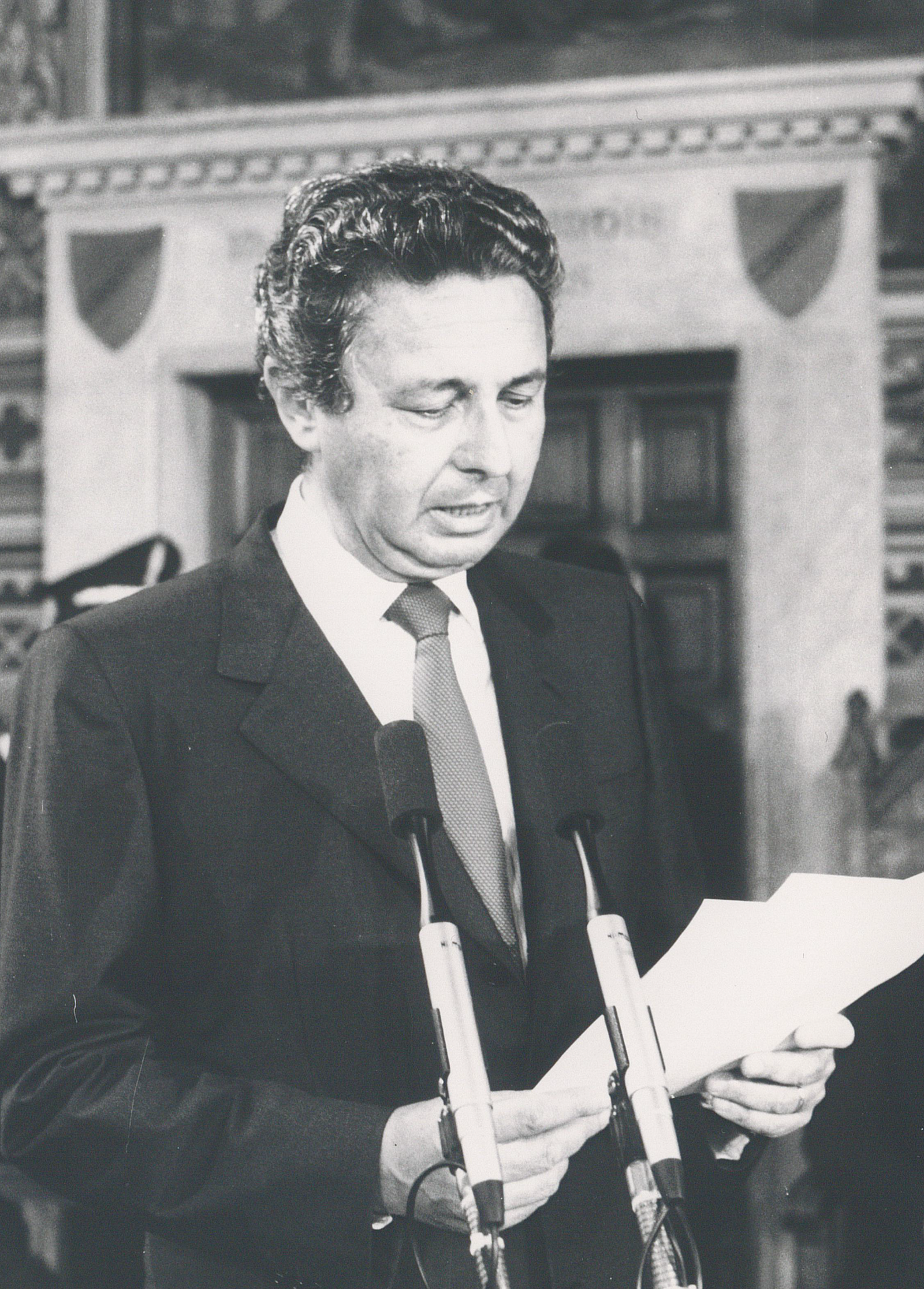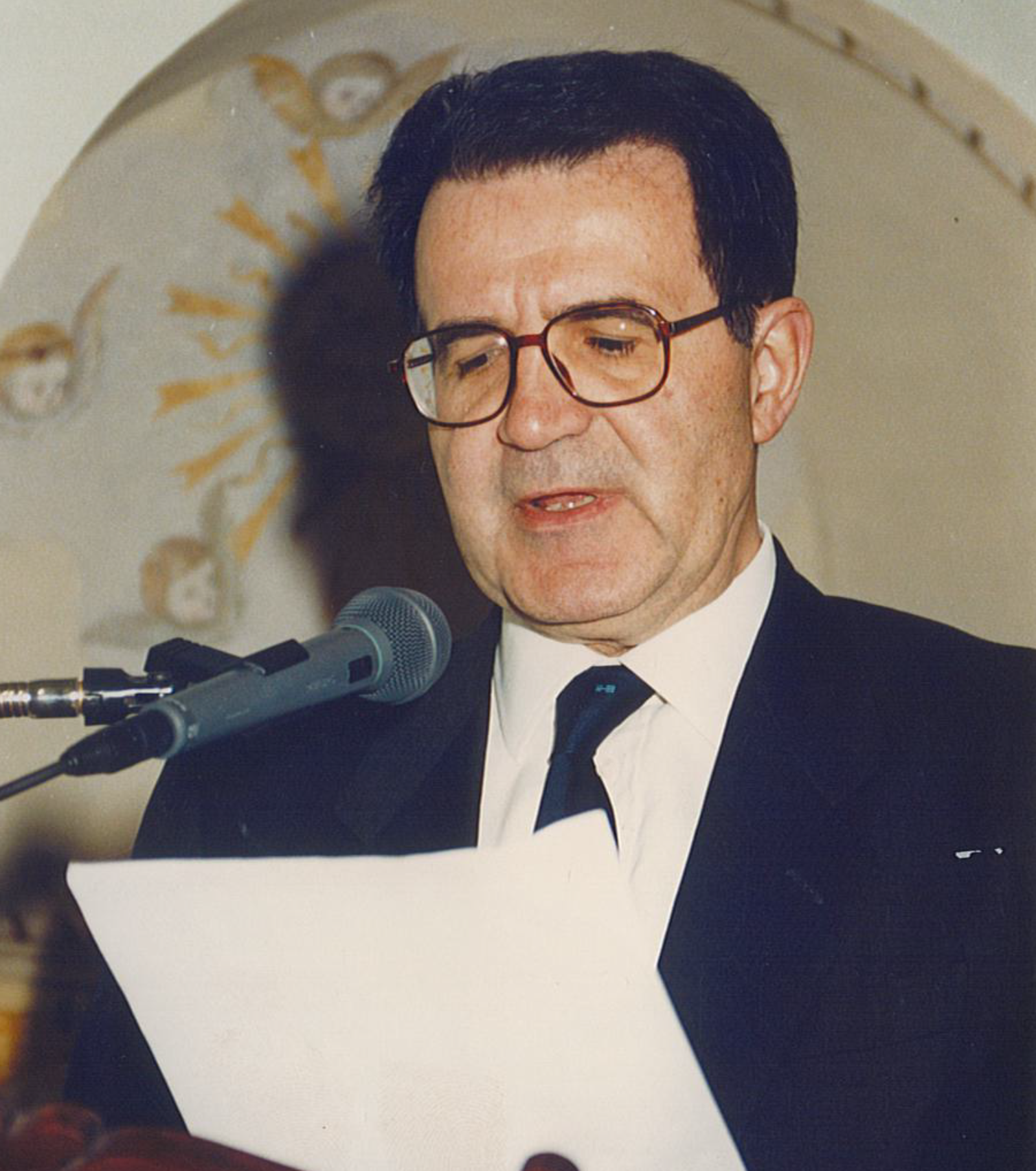INTERCULTURAL AND INTERRELIGIOUS DIALOGUE
The foreign policy of the Republic of San Marino is based on traditional neutrality which, however, is defined as “active”, because of San Marino’s involvement in major international issues.
The latter characteristic has always been reflected and strongly rooted in foreign policy in the country's support for dialogue as an instrument to settle disputes on the international scene.
This commitment was widely acknowledged within the framework of the "enlarged Europe" made up of the 47 Member States of the Council of Europe, where San Marino acted as President-in-Office of the Committee of Ministers twice.
With regard to San Marino's most recent Presidency of the Committee of Ministers of the Council of Europe (November 2006/May 2007), it should be highlighted that this was also dedicated to the promotion of intercultural and interreligious dialogue, thus confirming the country's further vocation for maintaining peace among peoples in Europe, but also outside of Europe, and its contribution to the European Union as a civil power.
After all, Voltaire already wrote with great admiration: "The Republic of San Marino has roughly the same territory that Romulus had and yet it is the most genuine testimony against the superstition of the perpetuity of war".







